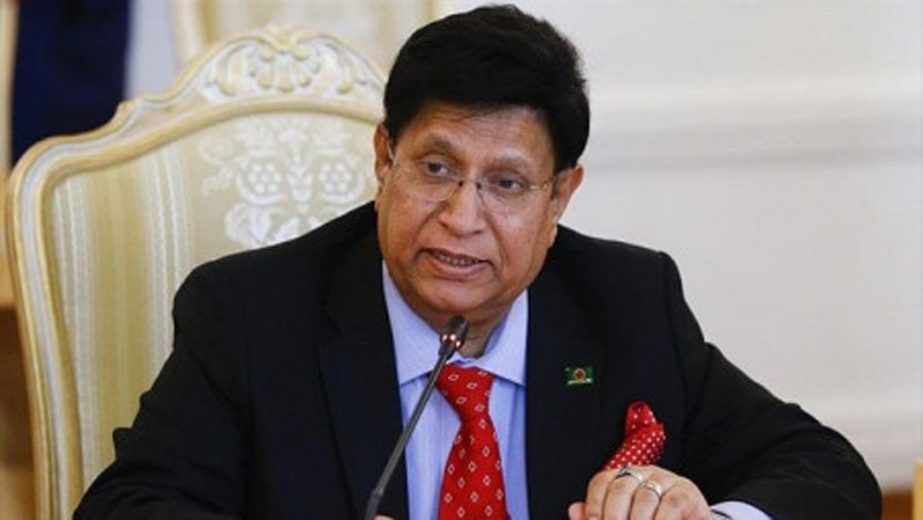
UNB, Dhaka :
Foreign Minister Dr AK Abdul Momen on Thursday said Bangladesh maintains a “very stable and transparent” democracy and the US might have invited those countries with weak democracies for its Democracy Summit.
“We’ve had a stable democracy over the last several years, a very clear and transparent democracy. Free and fair voting is happening,” he told reporters while responding to questions on Democracy Summit.
After attending a programme in the city, the Foreign Minister voters can cast their votes freely and anybody can contest elections if they want.
In Myanmar, Afghanistan many cannot vote, said the Foreign Minister. “In our country, all people can vote. When there’s a will, there’s a way. From that perspective, we’re much better.”
Dr Momen said those who are weak were convened and the US side said they will hold the Summit in two phases.
In the first phase, some countries that are weak in democracy will join.
He said there is nothing to be worried as the people of Bangladesh will work for further strengthening the democracy, if required.
Dr Momen said the US itself faced problems in the recent past despite being an old democracy.
Those who are weak in democracy were possibly called by the US. “I don’t say they’ve dropped us.”
Since day one, the Biden-Harris Administration has made it clear that renewing democracy in the United States and around the world is essential to meet the unprecedented challenges of time.
President Joe Biden stated on the International Day of Democracy, “No democracy is perfect, and no democracy is ever final. Every gain made, every barrier broken, is the result of determined, unceasing work.”
On December 9-10, President Biden will host the first of two Summits for Democracy, which will bring together leaders from government, civil society, and the private sector to set forth an affirmative agenda for democratic renewal and to tackle the greatest threats faced by democracies today through collective action.
The virtual summit will focus on challenges and opportunities facing democracies and will provide a platform for leaders to announce both individual and collective commitments, reforms, and initiatives to defend democracy and human rights at home and abroad.
For the United States, the summit will offer an opportunity to listen, learn, and engage with a diverse range of actors whose support and commitment is critical for global democratic renewal, according to White House.
It will also showcase one of democracy’s unique strengths: the ability to acknowledge its imperfections and confront them openly and transparently, so that we may, as the United States Constitution puts it, “form a more perfect union.”
South Asian countries India, Pakistan and Nepal made to the list of invitees.
Other South Asian countries dropped from the list of invitees are Afghanistan and Sri Lanka, according to the list published by the White House.
A total of 110 countries will be joining the virtual summit.
Israel, considered a major non-Nato ally by the US, and Iraq are the only two countries invited from the Middle East. Meanwhile, traditional Arab allies of the US — Egypt, Saudi Arabia, Jordan, Qatar and the UAE — have not been invited.
The list also includes Brazil even though its president, Jair Bolsonaro, has long been condemned for his far-right views and was a staunch supporter of the controversial former US president Donald Trump.

